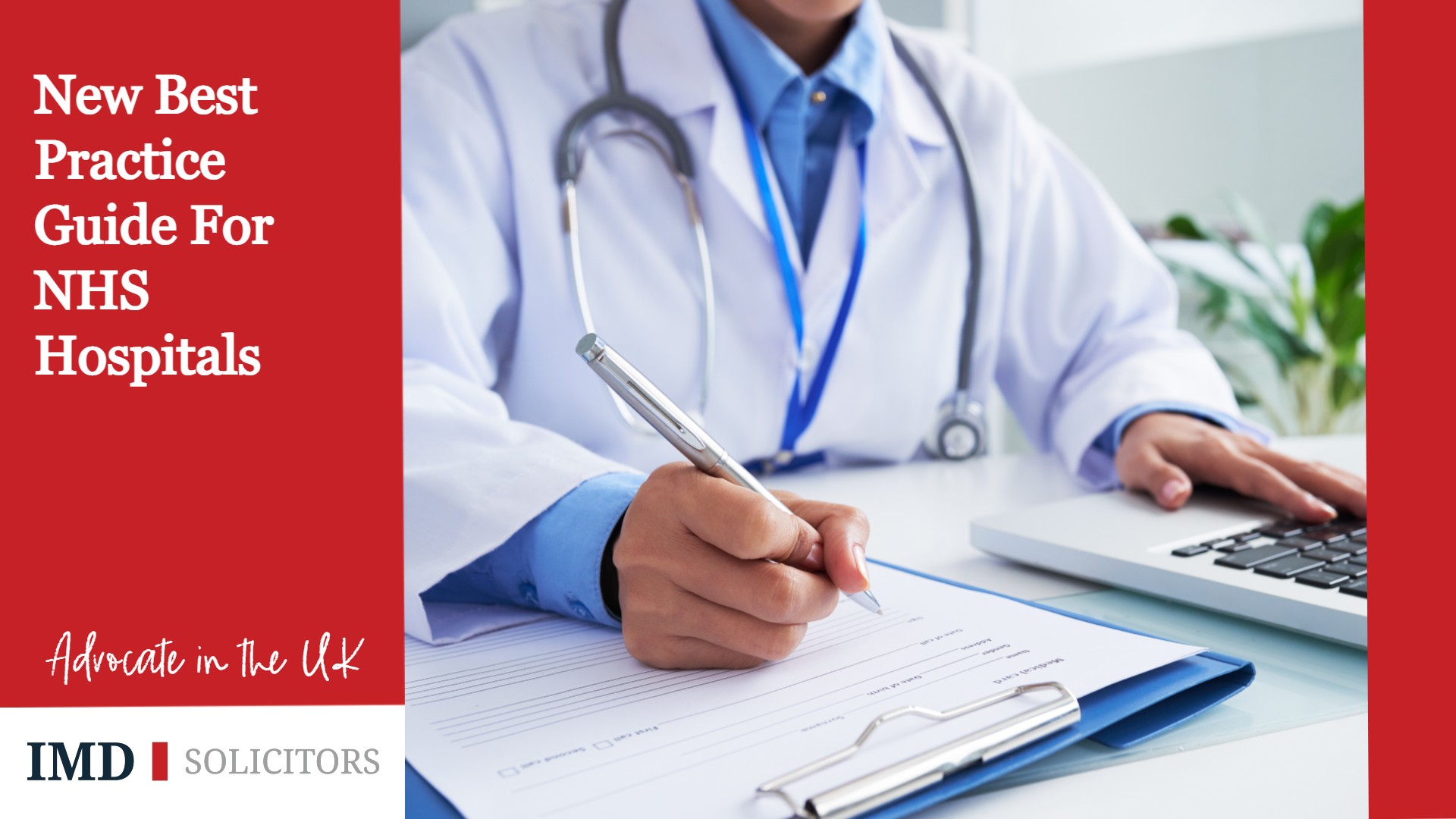
A new guide was issued to help NHS hospital trusts improve patient safety by learning lessons from previous clinical negligence claims.
Behind this is the cost to the NHS from claims and the collaboration between GIRFT (the Getting it right first time) programme and NHS Resolution resulting in this best practice, Learning from litigation claims.
The aim they will say is to help clinicians, managers and legal teams, a practical approach to help improve patient safety and to follow best practice.
The aim is also to reduce the cost to the NHS for costs they have to pay out on successful medical negligence claim.
The GIRFT highlights that clinicians and managers are often not aware of claims against their departments. The new guidance now aims to suggest the following measures-
The NHS estimates that the cost of harm from such claims from incidents in 2019/2020 to cost the NHS £8.3 billion
This guide also offers steps to improve claims management, and advice on reducing risk of litigation by making sure robust steps are in place for surgical consent, documentation and patient education.
This is a step in a positive direction as clearly there should be good internal communication within the NHS when claims are being made and it is also right that proactive steps are taken to learn from successful medical negligence claims. If patient safety is improved then this will reduce the cost of future medical negligence claims. There needs to be learning from mistakes as well as better patient care and a conscious effort to avoiding medical negligence.
On a practical level as a Claimant lawyers for medical negligence clients’ my view is that it really would be helpful if there was a genuine attempt to reduce the time it takes to concede and settle where there is an obvious a medical negligence claim. We still see cases where our clients’ agony is prolonged from protracted litigation which could easily be avoided. The cost of litigation would automatically reduce if a more kinder and compassionate approach becomes the norm.
If you or your loved one have suffered due to medical negligence and would like an informal chat with our medical negligence team please give us a call on 0330 107 0107 or contact us by email at clinicalnegligence@imd.co.uk and a member of our team will be more than happy to arrange a call back for a free no obligation and informal chat to see if we can help you or even signpost you as to what your options might be.
This article is for general information only and does not constitute legal or professional advice. Please note that the law may have changed since this article was published.